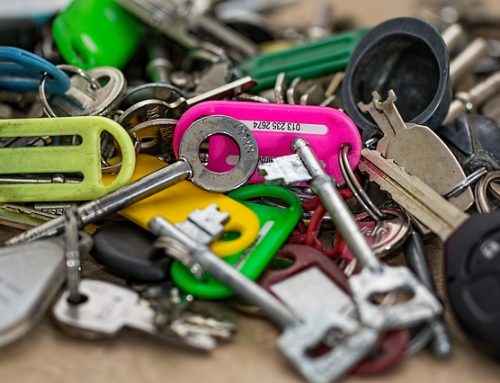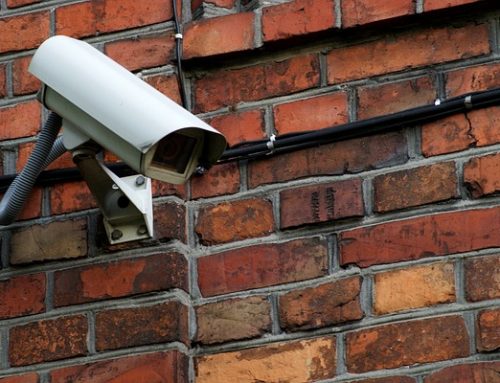It won’t come as a surprise that locks have been around for centuries. During that time, they’ve remained largely unchanged it terms of the way they look and function on the surface. Yes, there have been advances in the technology of locks and how they function, ensuring they stay one step ahead of burglars, but the principle has remained broadly the same.
The advent of the digital revolution, however, has meant lock manufacturers have started to rethink the way we lock our homes and keep them secure. There are now a range of smart locks available on the market, but are they as secure as they claim to be? It’s a relatively new technology, and, as with all new innovations, there are certain setbacks and benefits you should be aware of.
This article hopes to spell out the pros and cons of both traditional and smart locks in a clear way, so you can decide for yourself which is more secure.
What is a ‘traditional’ lock, and how do they work?
The term ‘traditional lock’ is not one that would have been used about a decade ago. That’s because up until recently, they were all that was available. Simply put, a traditional lock is one that isn’t automated, but instead have to be manually engaged in order for the locking mechanism to be operated.
Traditional locks will work when a key is used to active the locking mechanism. There are a number of different types of locking mechanism, including pin tumbler locks, mortise locks, and rim locks. They all use different methods to do essentially the same job though, so there’s no need to go into too much detail now!
What is a ‘smart lock’ and how do they work?
Smart locks are essentially automated versions of their traditional counterparts. Normally, smart locks will still use the traditional locking mechanisms mentioned in the previous section, but they will be engaged electronically or remotely. The key word here, ‘smart’, refers to the ability for some smart locks to be controlled via a smart phone. In addition to being controlled by a smart phone, some smart locks use fobs, cards, or other methods to unlock.
So, which is the more secure?
As with most comparisons, there’s no easy answer to this question. Each method has its pros and cons, but experience has shown that traditional locks are still probably more secure than smart locks. This is partly because traditional locks have been around for so long, and thus manufacturers have had centuries to improve up them.
There’s also the fact that smart locks are vulnerable to external cyber-attacks, or hacking. Now, we know that every lock can be picked, but more investment has been put into ensuring traditional locks are harder to bypass. This is partly because smart locks are marketed more as convenient than secure.
This isn’t to say that in the next few years smart locks might come into their own, but with the increase in cyber-attacks being reported in the news, people might chose to stick with their traditional counterparts for now.

